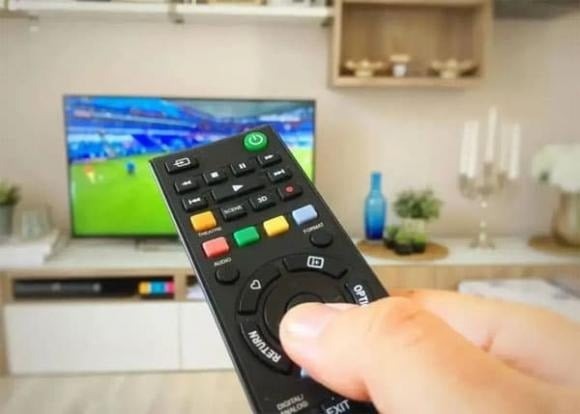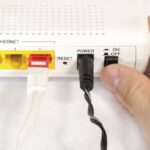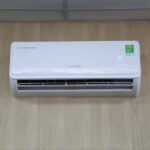Routers
Routers are integral to modern life, facilitating our internet connection and performing essential functions such as data transmission and network communication. In today’s society, from work and education to entertainment, we rely on the internet and routers as a bridge to the digital world, directly impacting our quality of life.
However, routers consume a significant amount of energy, especially when operating continuously, which can lead to high electricity bills. To save energy, it is advisable to plan network usage efficiently and turn off the router when not in use.
Computers
Desktop computers are commonplace in households today, and their energy consumption contributes significantly to monthly electricity bills. To save energy, you can implement some energy-efficient computer usage practices.
One effective method is to enable power-saving mode on your computer, limiting the use of high-performance mode over extended periods and switching to power-saving or balanced settings. Additionally, close any unnecessary background programs and devices, such as printers, to minimize excess energy consumption.

Desktop computers are prevalent in modern households, and their energy usage has a significant impact on monthly electricity bills.
TV Set-Top Boxes
TV set-top boxes contain multiple electronic components such as processors, memory, and decoders, all of which operate continuously to receive, decode, and display signals. Consequently, they consume a notable amount of electricity.
Even when not in use, TV set-top boxes remain in standby mode, ready to receive signals or maintain connections with other devices. To save energy, remember to turn off your set-top box when it’s not needed.

TV set-top boxes contain a variety of electronic components that work continuously to receive, decode, and display signals.
Range Hoods
Did you know that range hoods consume electricity even when not in active use, due to their standby mode for remote control or switch reception?
To reduce energy waste and save on costs, remember to turn off your range hood after use, especially right after cooking.


































